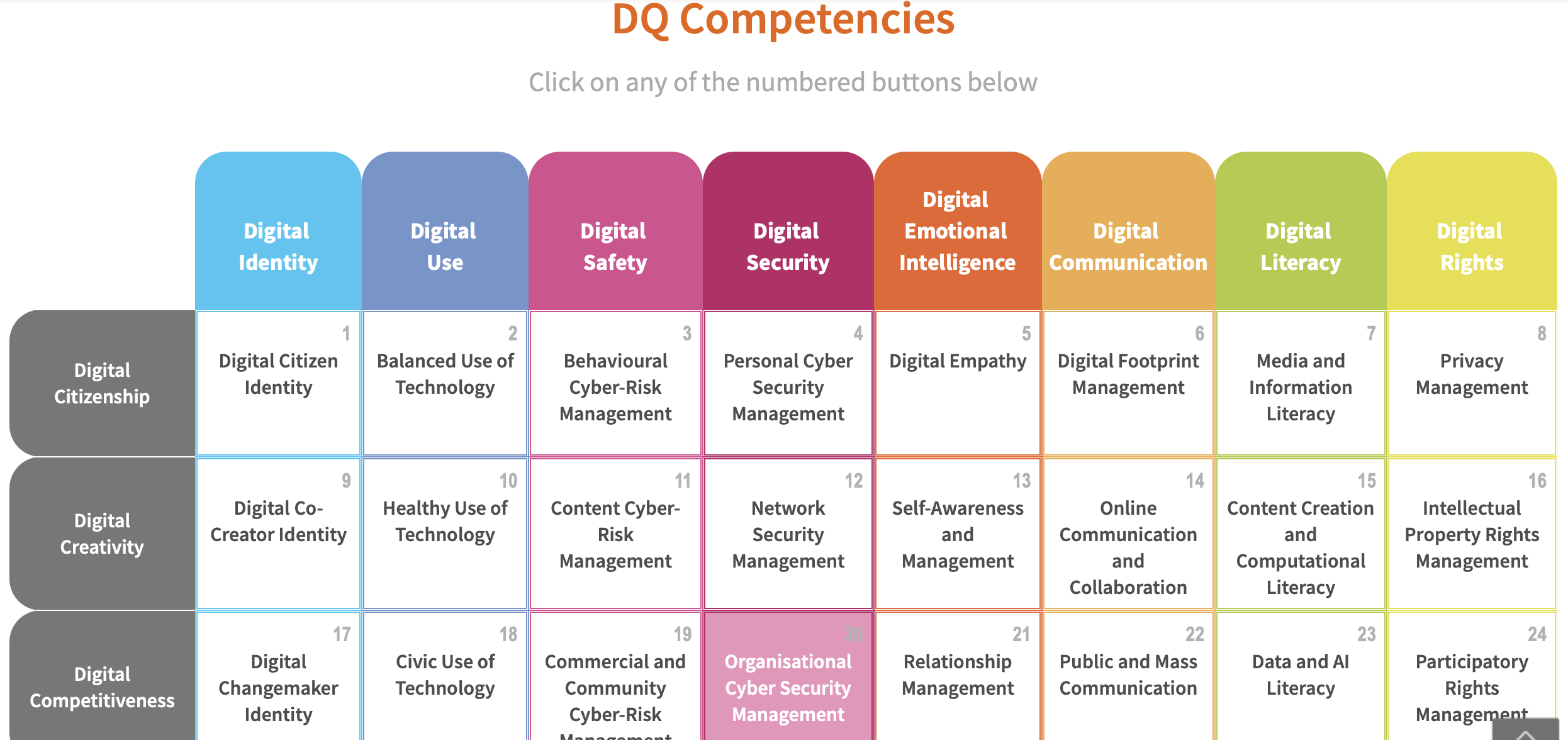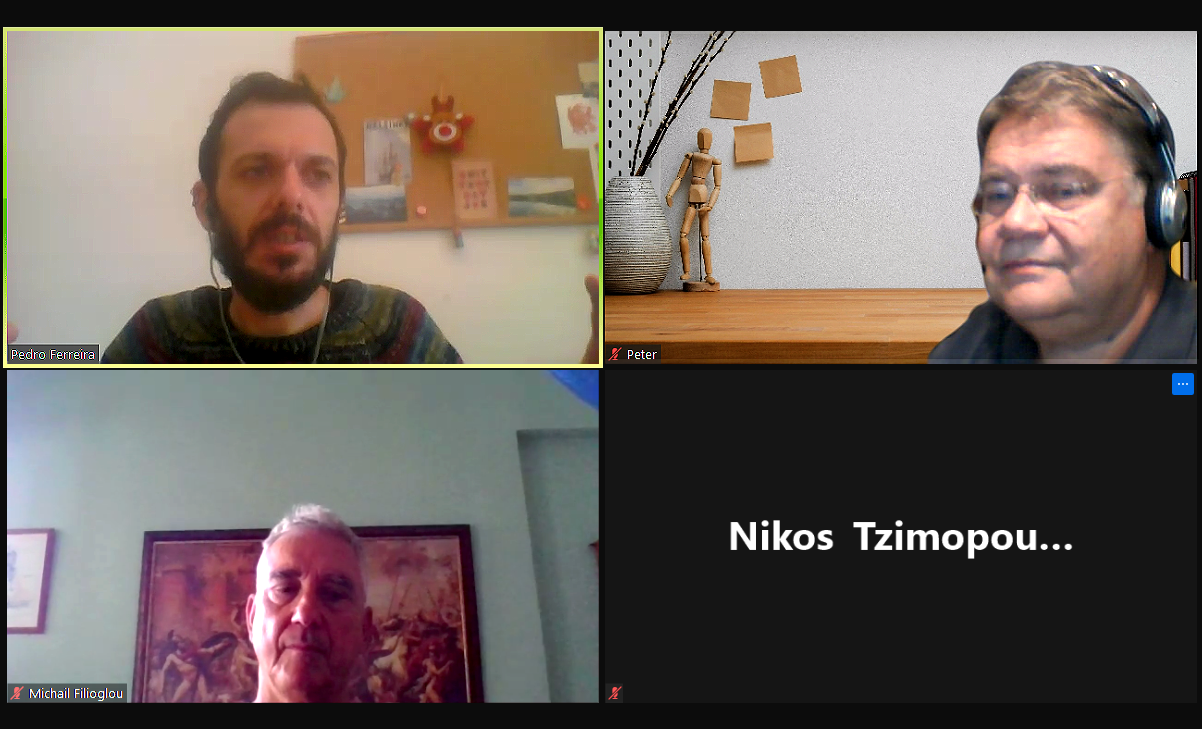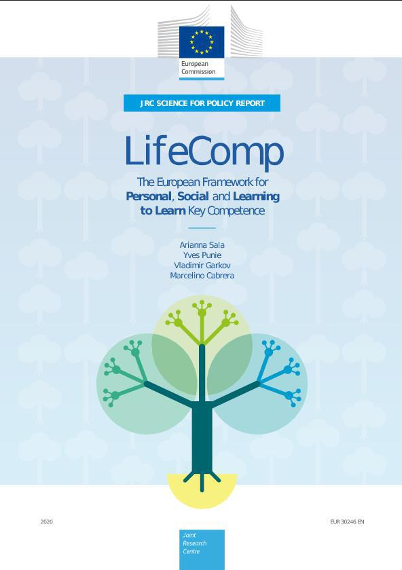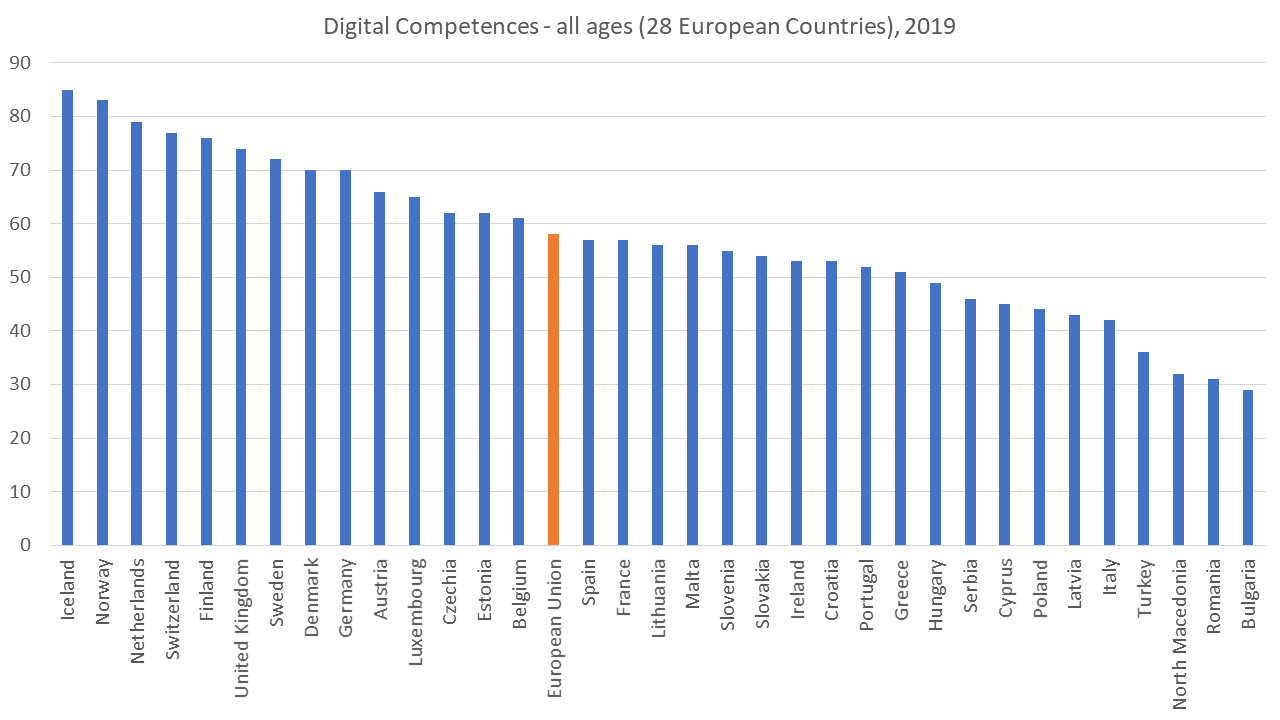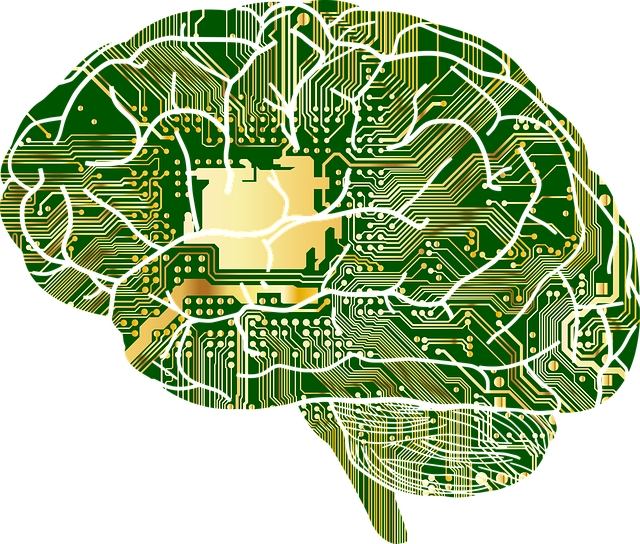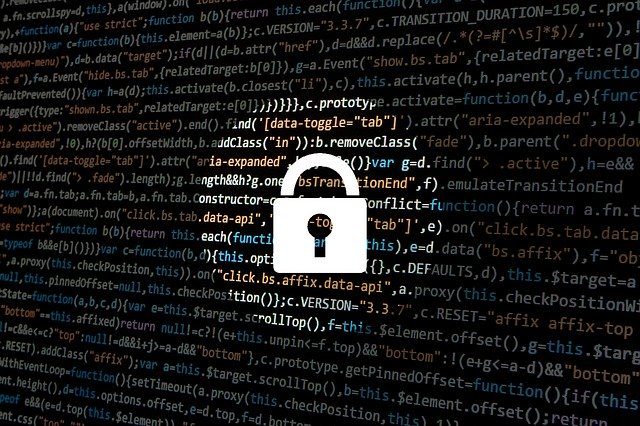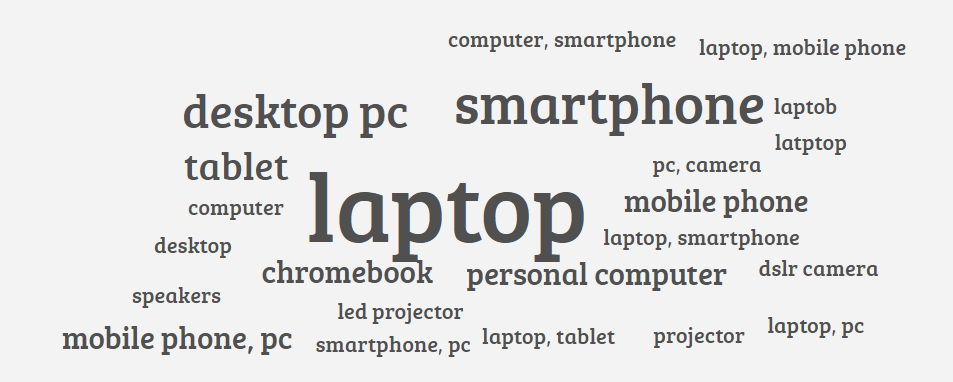
Devices used by Learners
Which devices do learners use? Which devices will so-called „Digital Immigrants“ have available for their learning? In the frame of the DISK project developed learning content will be developed in a versatile way so it can be displayed on all currently used devices. This will be desk top PCs as well as laptops, notebooks, Chromebooks, Read More …


